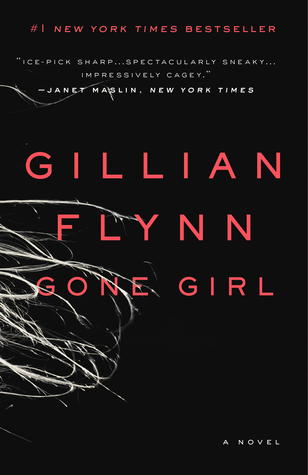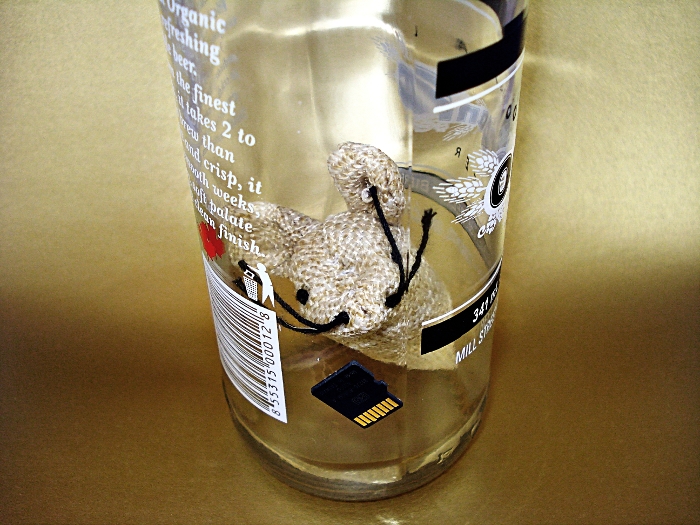Consider the following passage:
The pretty woman ran through her beautiful apartment to the large, pleasant kitchen. She turned off the noisy oven buzzer.
"Dinner's ready!" she called out.
She entered the tasteful dining room, aromatic casserole held between two cute pot holders.
Her wonderful family were already at the table. She gave each of them and herself a generous serving.
Her handsome husband took a bite. "This is delicious, honey," he said.
"It's yummy, Momma!" chimed in their adorable child.
The woman flicked a strand of her lovely hair behind her shoulder. "Why thank you, you two."
Refer back as often as you need to, and answer the following questions:
- What were the main ingredients of the casserole?
- What style is the kitchen decorated in?
- What colour is the woman's hair?
Exactly.
Sure I stacked the deck by writing the passage to illustrate my point, but this is something I've been seeing a lot lately. I haven't found any writer's jargon for them, so I'm calling them "empty descriptors".
Most of the adjectives in the sample passage give opinions, not information. The reader learns that the author believes the apartment to be beautiful, the kitchen to be pleasant, the casserole to be aromatic. But they have nothing to go on to build their own picture of the scene. "Aromatic" only means the casserole has a smell, not what it smells like. And what's a "pleasant" kitchen? For me, it's a double sink, a working stove and fridge, and a dishwashing machine; after that I'm not fussy. I know many people are much harder to please when it comes to kitchens.
Size adjectives are also vague without a standard to compare them to. Think about that "large" kitchen. How large? Large for a downtown apartment in Paris? Large even when compared to a McMansion in the suburbs? Large enough to fit my real-life apartment into? The reader doesn't know.
Of course, over-describing can be bad too — consider the "green ceramic bowl heaped with fluffy white mashed potatoes" types of descriptions featured in many a YA series — but it's probably better to leave out the adjectives entirely if they're not communicating actual sensory information.
Another thing about empty descriptors: what if the reader disagrees with you? North American writers especially seem to think nothing of mentioning a "big, beautiful house", not realising that to many readers, big is not beautiful when it comes to houses. "Big" might just mean "expensive", or even "liability" or "foolish". As a friend of mine put it when we attended a housewarming party at a house far bigger than either of us were comfortable in, "I'm glad I don't have to clean it."
Words like "beautiful" can be even worse. Of course, as a writer you may want to convey that a character or characters consider something or someone beautiful, but if so it's that perception you want to convey, not the beauty itself. What if what you consider a "beautiful" house is exactly what your reader can't stand? A lot of people love neo-Georgian and neo-Victorian, but to me all that molding just says, "lots of dusting and painting to do." Then again, a lot of people would find what I find "beautiful" in a house too modern and minimalist. The way around that is to show the house through the character's eyes. I may not agree with them, but I can appreciate that they find the house beautiful. And that was the point, wasn't it?
I'm going to finish off by attempting a conversion of that sample passage, removing all the empty descriptors and adding in sensory information. Probably I should give at least some of these characters names, but I'm just going to stick with "the woman" etc. for now:
The woman ran through her apartment to the kitchen. She turned off the oven buzzer.
"Dinner's ready!" she called out.
She entered the dining room, casserole held between pot holders. The scents of curry powder and chicken filled the air.
Her family were already at the table. She served everyone before she sat down.
Her husband took a bite. "This is delicious, honey," he said.
"It's yummy, Momma!" chimed in their child.
The woman flicked a strand of hair behind her shoulder. "Why thank you, you two."
Better? Worse? Were you expecting the chicken divan in the original passage? Lasagne? Something else? Let me know in the comments!


